Cash flow is one of the economic factors used to determine the value of your business. You may have heard the term “cash flow” before, but that doesn’t mean you’ve got a solid understanding of what it is, or what it means for your business valuation. If you’re looking to buy or sell a business, however, having more than a passing understanding of this key term is valuable.

What is Cash Flow?
Often the term “flow” conjures images of a river’s current. The water flows, sometimes faster, sometimes slower, in one direction. We talk about moving upstream or downstream as it relates to the direction of the current within that body of water. It can be easy, therefore, to assume a term like “cash flow” is tracking the movement of money in just one direction. This is incorrect.
In business, cash flows in both directions. You have money that flows into your business from customers or clients who are buying your products or services. You also have money that flows out of your business for expenditures, such as rent, loan payments, taxes, business supplies, and payroll.
More than Greenbacks
Despite its name, cash flow is bigger than paper money. It’s the net amount of cash and cash-equivalents moving in and out of your business. It is essentially the total dollar amount in your bank account.
Cash Flow vs. Revenue
Revenue is the cumulative sum of money that is coming into your business. You can sell your products like hot cakes, post impressive revenue, and still not have a healthy business. Cash flow, as noted above, is tracking the sum total of those sales, as well as the bills you paid for supplies to make those hot cakes, advertise them, pay the staff that sold them, the taxes due from those sales, and the rent on the retail space you sold them from. Further, cash flow also takes into account income from sources like a bank loan you just secured.
Cash Flow vs. Profits
Profit is whatever’s left of the money you brought in (your revenue) after you deduct the money you send out (expenditures.) So how is that different than cash flow? Good question.
Cash flow, as mentioned previously, is amount available in your bank account. This can differ from recorded profits. In fact, it’s possible for your business to make a profit and still have no accessible cash. Profit is an accounting concept. Cash is the actual amount of accessible funds in your bank account at any given time. Let’s break that down.
Let’s say you own a landscape design firm. You’ve just completed a major commercial project. You had upfront expenditures for plants, sculptures, walkway pavers, and fountains. The deposit you received for that project covered those expenses. You’ve billed your client for the balance of the payment and now you wait for their check. They’ve got 30 days to pay, per the terms of your contract. On paper, the cost of labor and supplies is less than what you’ve charged to complete the job. You’re going to clear a profit on it, just like all your other jobs. Right now, however, the only place that profit is appearing is on your books because until that invoice is paid and the check clears, you don’t have the cash. If this is your first big job it may mean that you’ve laid out some of the cash earned from your other jobs to cover payroll and other regular expenses. Maybe the checking account is getting smaller by the day as you wait for the check from that big job to hit the balance sheet. You’ve earned a profit, but you could still be dealing with a negative cash flow.
Why Does This Matter?
The majority of failed businesses can point to poor cash flow as part of the reason they did not succeed. Revenue says you’ve got something (at least some) people want to buy. Profit says people are paying more for it than it costs you to make. Cash, however, is the true reality of your business. It’s the measure of your business’s health. Healthy businesses learn how to manage their cash flow so that at any point in time, the amount going out does not exceed the amount coming in.
For an investor, lender, or buyer taking a hard look at your business, your cash flow is an indication of whether or not you can weather unexpected expenses or a slowdown in sales. It’s a barometer of whether you can afford to grow the business, offer a return to shareholders, or pay-off debt.
One Factor Used to Determine Business Valuation
We must be careful not to oversimplify the role cash flow plays in business valuation. It’s certainly a factor taken into consideration, but it’s just one factor. Peek Advisory Group’s consultants are experts in providing financial autopsies and assessments to find out what is really going on in your business. Learn more about it here.
